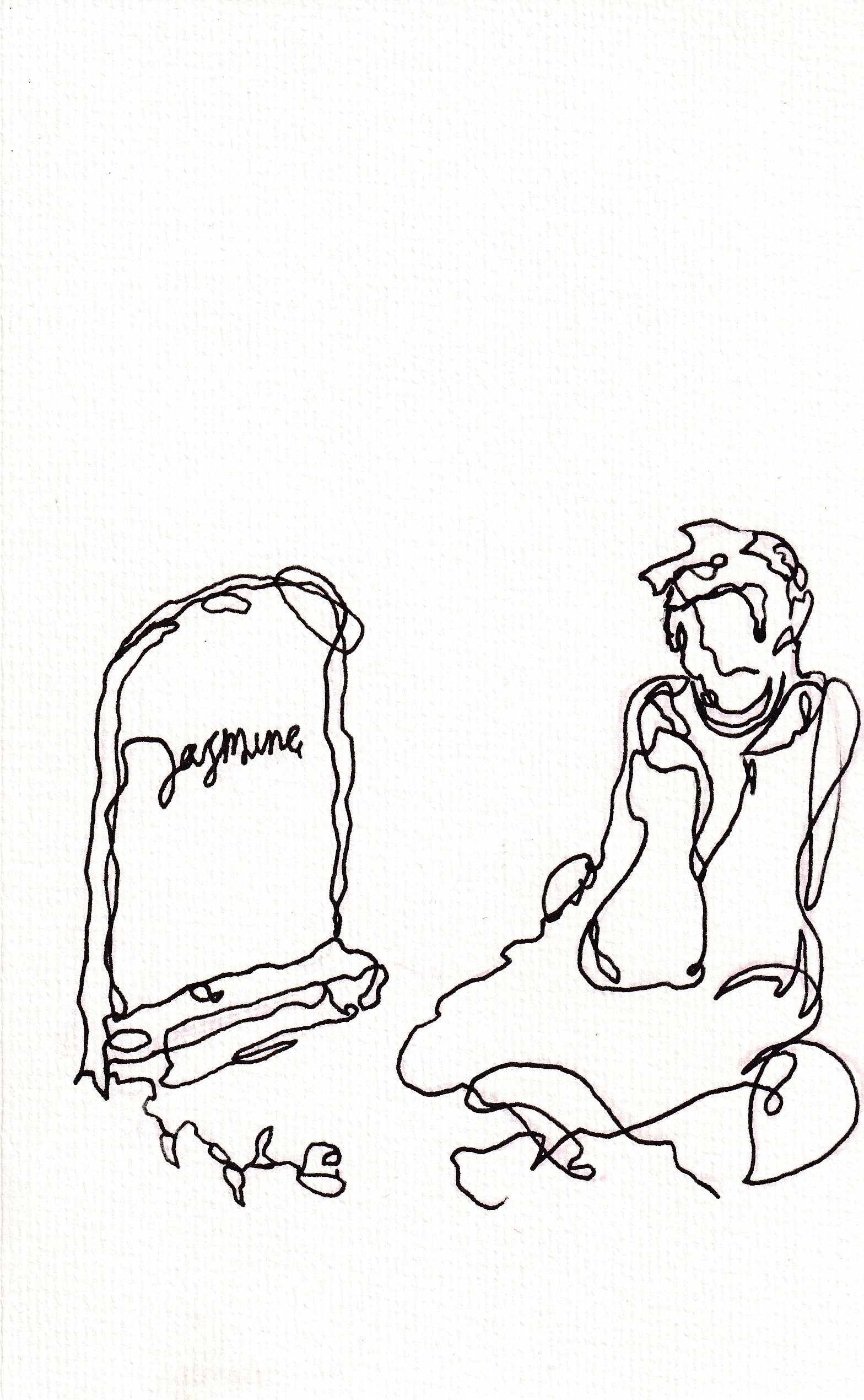How I used to review poetry books was a score system, where you could get up to 25 points for showing a story progression (sequencing and overarching story), you could get up to 25 points for the actual individual writing (how well poems read from the book and its written form), you could get up to 25 points for how entertaining / novel / gimmicky, and you could get up to 25 points for how much the content was themed to me (if I was the target audience). This was a good system for a long time just to help people who liked the same types of books as me to be able to find the books I like so they can also read what I like. The end of the reviews would normally have me say who this book seemed to be targeting.
This was a flawed method. Beyond the idea of reviewing books using points as being silly, the main use of reviewing poetry books is that it lets me know what I like in books and what I don’t like- and allow me to communicate that better to others. I could use this to help people with their writing and their editing. I could point out tropes and how things could be written to be flowed better. The thing is- no one cares. Most poetry books aren’t written for sales, but are vanity projects by the author that are just proud that they could make a book and get it out to customers. Let’s be real also- just finishing the book as someone alone running off passion is a big deal.
The idea of getting other people to read their book or like their book is an after thought. You can typically join a group of other poets and you can each read each others books, ordering it and praising it, not even sure if those other people actually read it. Certainly not curious if they liked it. You can print a book, sell up to 100 of them easily, and then just be glad that you got to do be a part of the community. Poetry has a low maximum threshold, and most the time to really get attention in poetry is to read your poetry. This adds a layer of performing arts to poetry that very often will make your written works worse. I’ve seen spoken word poets discount people reading their poetry at all- as it’s just wrong and it’s meant to be listened to like a singer or a comedian.
More than anything, poetry book reviews don’t sell poetry books. Okay so there are three real poetry book review spots- Forward Review– a worse but more active version of what I was doing, The Guardian and Colorado University which are more like classic book reviews that feel very sponsored. The rest are publications that are meant to help get you published but don’t really have much presence. I find them mostly on lists of “submit your poetry here!” but I can’t really find the reviews online. Let’s be real- you get reviews so you can say that this person reviewed you, and not for direct sales. It’s just off marketing.
I’m trying to avoid this exact dynamic. I read and review these books so I can say what works and doesn’t work and I hope it can help you find books you enjoy.
So I’m going to try to review books using this framework:
- Who are the main characters of the poetry book?
- What are the going themes, patterns, and large ideas?
- Is this a story that is structured in order?
- What are the goals of the book, and did it succeed?
- Does it match your preferences?
- Who would you recommend this book to?
I’ll break these down further below.
Who are the main characters of the poetry book?
Most poetry books are written with the author as the main character. The supporting cast or other main characters tend to be people directly existing in their life. Here I’m talking about the whole book being clear about who are the characters and if they are clear and make sense.
What are the going themes, patterns, and large ideas?
Themes, patterns, and ideas tend to be the symbolism that runs through the book and tend to be the over arching support for the main thing it’s trying to represent. So for example if through the book the character is constantly referencing time, things related to time, people who have died and people who are not alive yet, you can get the idea that they are talking about existential dread. If they put in obsession about numbers, we can find both the numerology and obsession as foundation of themes. If a character sees trees everywhere they go and comments on the trees, you can see the tree as a pattern. Its the hope that these things sync together and mesh well, or that they mesh so poorly that it creates disharmony.
Is this a story that is structured in order?
I typically like poetry books to start with characters and the characters end in a different state then that they begin in. The structure of the poems is showing them changing and growing as people, and less like a random collection of poems put together with just a central theme. They don’t have to happen this way, but it helps the book read in a satisfying way.
What are the goals of the book, and did it succeed?
Trying to deduce the goal of the book can be hard, but often for poetry it’s trying to make you feel a certain way. Sometimes it can be about a certain thing, but often its just a general feeling. If the book wants you to feel bad, the goal is to make you feel bad. So the question is- did it make you feel bad? Also, if you can’t figure out what the goal of the book is, is this a flaw of the book or a feature?
Does it match your preferences?
I tend to like sad soft girls who are upset and are expressing their pain, and by the end of the book they start to find peace. That through writing the poetry they feel healed. I tend to like themes of classy sexuality.
Who would you recommend this book to?
Most books aren’t for everyone. If you were to give


